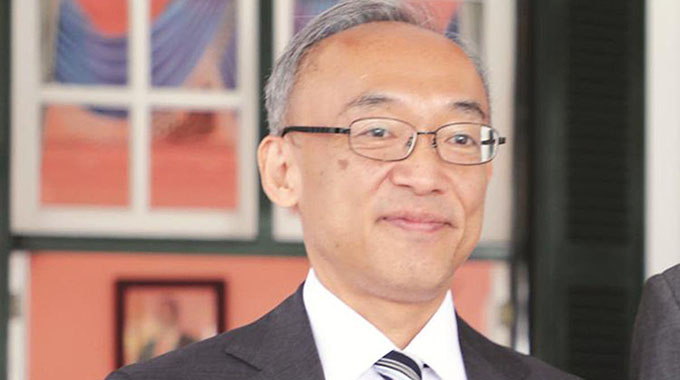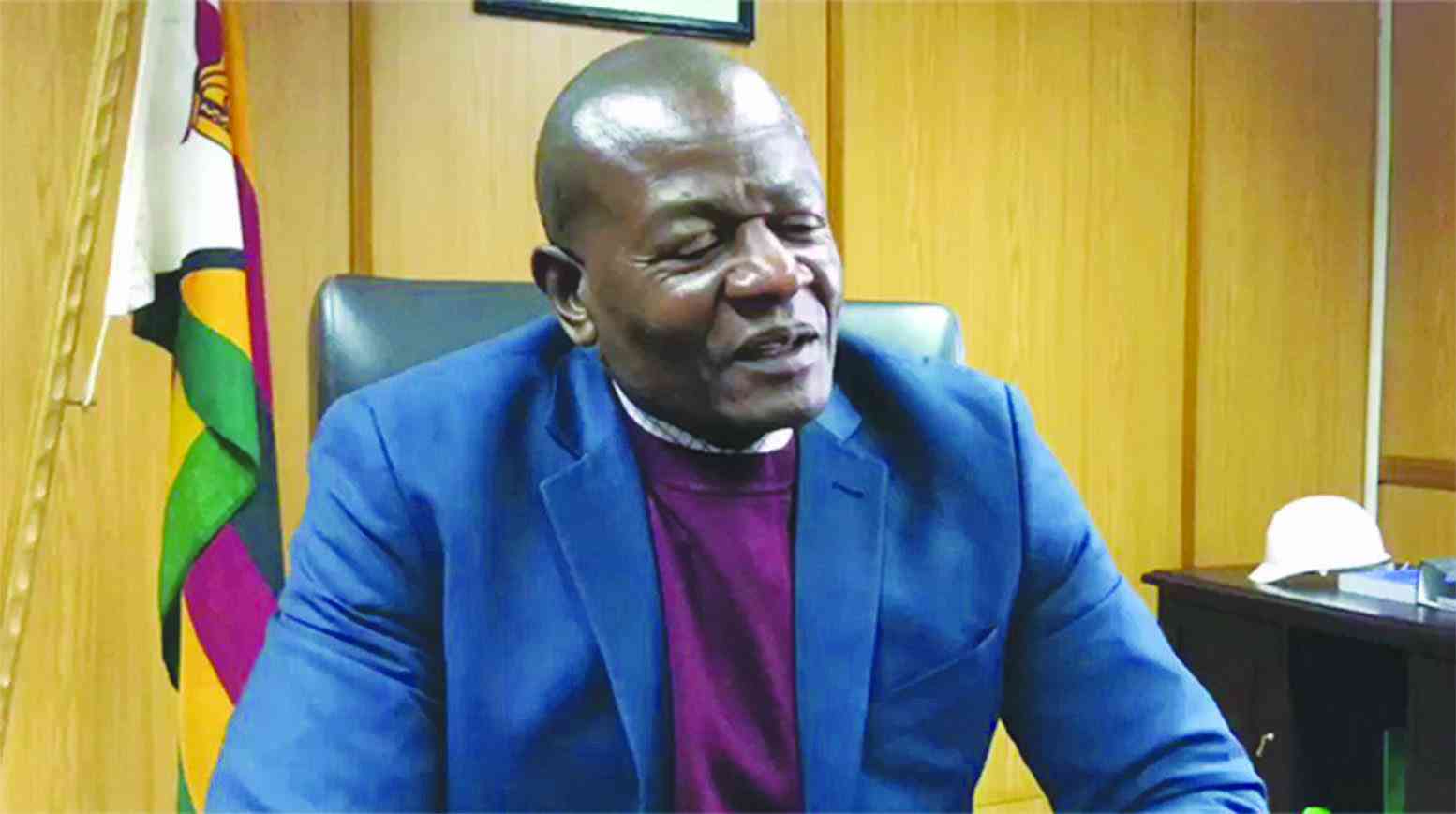
Diplomats from the European Union (EU), Sweden, and Japan say they attended the just ended regional conference on elephants only to engage with Zimbabwe’s conservation efforts and not to discuss the reopening of the ivory trade.
Zimbabwe organised the Southern Africa Development Community (SADC) conference to influence African countries to push for the resumption of ivory trade ahead of crucial International Union for Conservation of Nature (CITES) meetings this year.
The conference held at Zimbabwe’s largest game reserve, the Hwange National Park, was meant to convince major ivory markets that the African countries desperately needed to offload their ivory stockpiles to fund conservation efforts.
Satoshi Tanaka, Japan’s ambassador to Zimbabwe, said his country had enough ivory stocks and would not be buying any in the immediate future even if the trade ban was lifted.
“The conservation of nature is very important for everyone, so I would like to know the situation of elephants and also (how) the discussion on ivory is going as it’s very important for everyone in the international community,” Tanaka said.
“Japan is serious about the protection of the environment, and we need to know how this discussion is going as conservation is very important to us.
“We still have the stockpile of ivory that we obtained in the past and we have some markets inside so for us, first we need to observe the r CITES regulations.”
Ahead of the conference, Zimbabwe justified its lobby for the re-opening of formal ivory markets arguing that countries such as Japan were ready to buy its stockpiles.
- Chamisa under fire over US$120K donation
- Mavhunga puts DeMbare into Chibuku quarterfinals
- Pension funds bet on Cabora Bassa oilfields
- Councils defy govt fire tender directive
Keep Reading
Envoys from the EU and Japan were given access to the country’s ivory stockpiles in an effort to enlist their support in pushing for the lifting of the CITES ban that has been in place since 1998.
Zimbabwe claims its ivory stockpile is worth US$600 million, but the valuation has been questioned by conservationists who say it is exaggerated.
The Japanese envoy’s sentiments were echoed by the EU head of delegation in Zimbabwe Timo Olkkonen who said he was at the conference to understand the region’s challenges in protecting elephants.
“The questions around biodiversity in general are very important to us mankind and the planet is facing a serious extinction of species at an alarming rate,”Olkkonen said in an interview.
“What is happening to the planet is catastrophic and it’s comparable to climate change. So that’s the general context of why we are here.
“We are talking about the elephants as they are important and have raised a bit of controversy and there is a lot of discussions around the fate of how African elephants should be treated in the international context of CITES.
“I am here to have a better understanding of the Southern African and Zimbabwean context and their way of thinking about the issue of elephants.
“I think we need to understand the challenges and discuss together what could be the solutions.”
Sweden’s ambassador to Zimbabwe Asa Pehrson said her country had no position on calls to lift the global ban on ivory trade.
“On the issues of lifting the ban I would say that I have no position on that because that is not the main reason for me taking part at this conference, but of course we are aware of it and I am listening carefully and I take note, but I cannot have a position,” Pehrson said.
“We have three broad areas of cooperation that we are now exploring like biodiversity which is already an extension of corporation with the environment, climate change, sustainable resources and so on
“So we will be building on that and we will try to see how best we can help in biodiversity alongside democracy, human rights, rule of law and governance and my invitation here was to observe under these discussions.”
Zimbabwe, which has the second largest population of elephants in Africa after Botswana, says it must be allowed to sell its ivory stocks to fund conservation and prevent human-wildlife conflicts, which are worsening. -VicFallsLive










